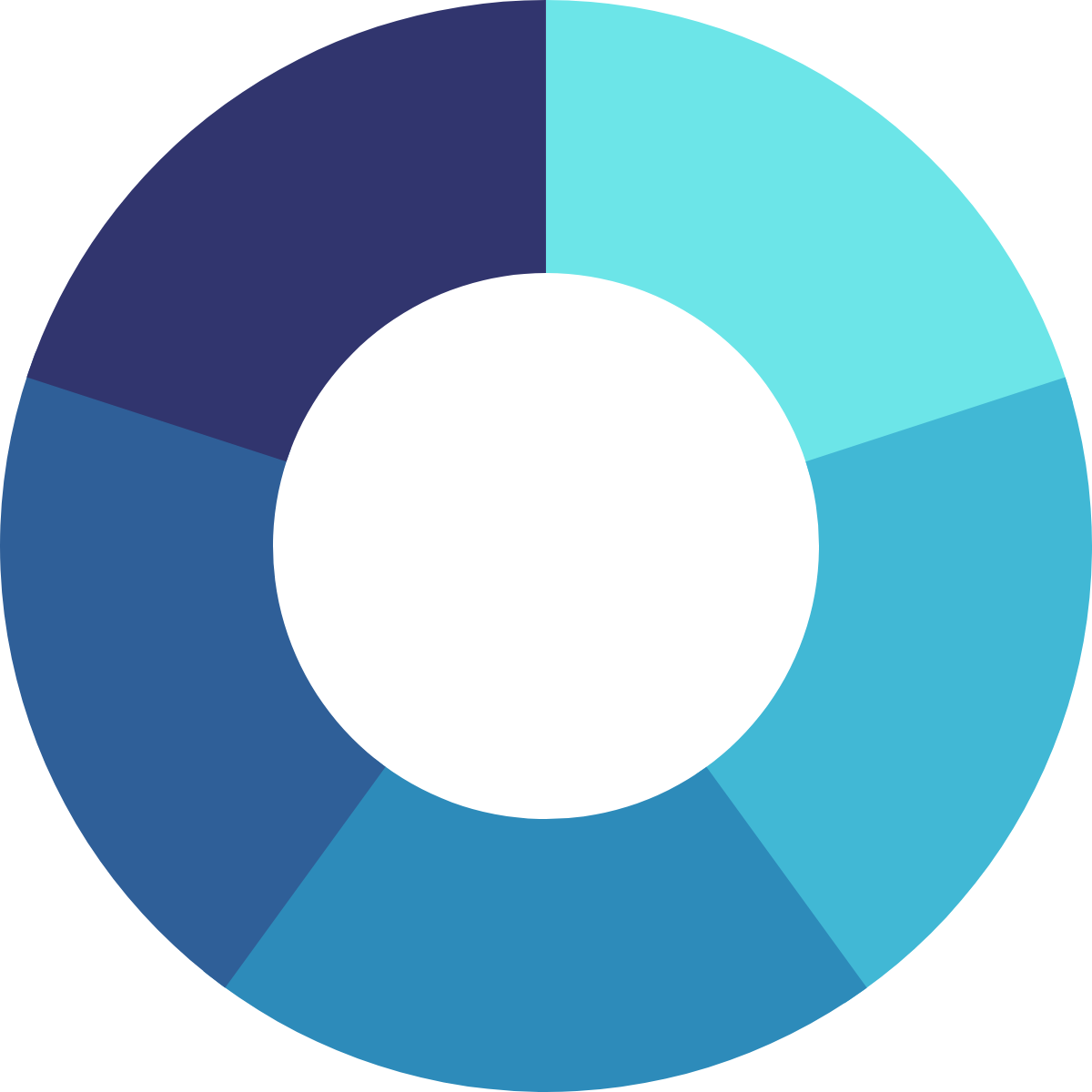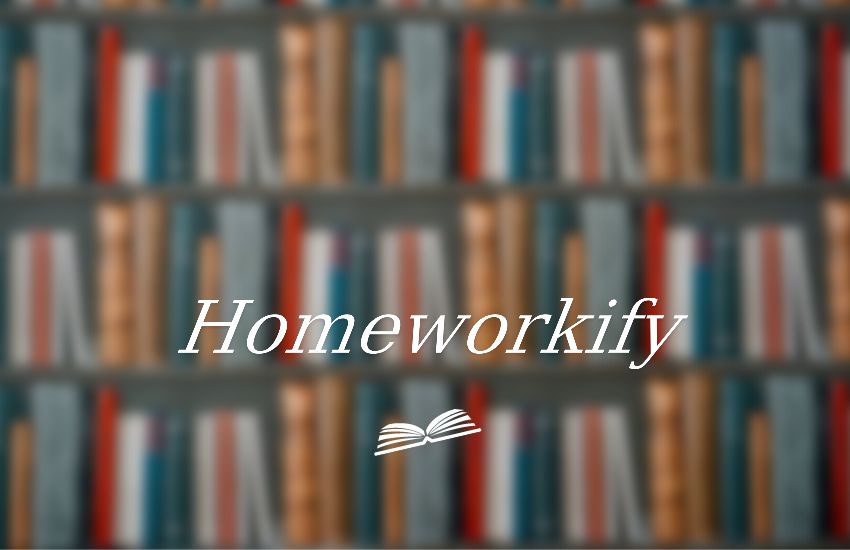
Educators are currently grappling with the appropriate response to OpenAI’s ChatGPT. While some professors have embraced it as a valuable tool, others are actively seeking ways to counteract its potential misuse. Among their strategies, some have shifted towards implementing written exams and personalized essays to curb cheating instances.
The increasing number of students resorting to the AI program, ChatGPT, as a shortcut for their coursework has prompted several college professors to reconsider their teaching strategies for the upcoming fall semester.
OpenAI’s ChatGPT continues to advance steadily. This AI-powered chatbot not only achieved the highest score on an AP Biology exam but also demonstrated its capabilities by successfully completing a freshman year at Harvard University with a 3.34 GPA.
Since its initial launch, the role of AI in education has sparked ongoing discussions among educators, administrators, and students. While some educational institutions have opted to ban the usage of ChatGPT outright, others are exploring ways to leverage it as a supplemental learning tool.
As the summer break draws to a close, numerous college professors are actively exploring methods to counteract the influence of generative AI. Their aim is to design assessments that are resistant to the potential impact of ChatGPT, as highlighted in a report by Fortune.
Bill Hart-Davidson, Associate Dean at Michigan State University’s College of Arts and Letters, pointed out, “The conventional approach of posing questions such as ‘Summarize the Krebs cycle in chemistry in three sentences’ may no longer suffice, as ChatGPT is capable of producing well-structured responses.”
Voicing their concerns, educators shared with Insider their intention to revert to traditional evaluation methods such as handwritten assignments and oral exams to discourage reliance on generative AI.
Christopher Bartel, a philosophy professor at Appalachian State University, shared his plan: “I am considering a return to oral examinations in a more traditional format. While students might depend on AI-generated content in their written notes, expressing and discussing it verbally presents a distinct challenge.”
A Canadian writing professor revealed to Fox News his strategy of tailoring assignments to each student, with the goal of reducing the reliance on ChatGPT for essay writing.
Concurrently, the usage of ChatGPT experienced a decrease of nearly 10% between May and June. Some attribute this decline to students being on summer break. If students constitute the primary user base of the program, experts suggest potential challenges for OpenAI.
Mark Shmulik, an internet analyst, noted, “If the decrease in ChatGPT usage is indeed due to students being on summer break, it could indicate a narrower audience and fewer usage scenarios.”



